Our References
Graduate
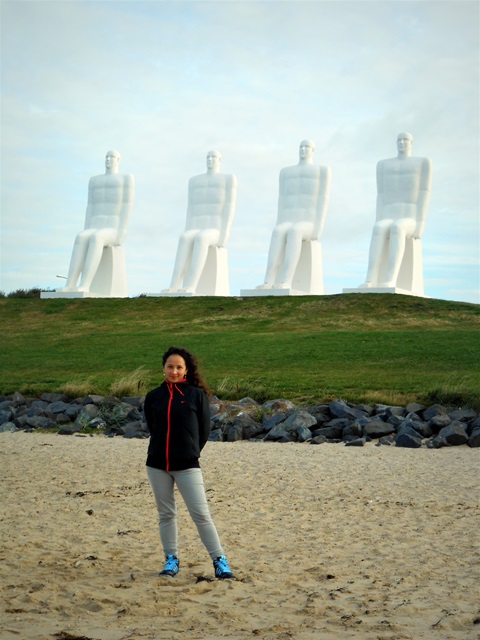
Skills of the Graduate
The acquired skills of the graduate enable him or her to apply to public institutions at the state and local government level, to non-profit and charitable organizations, to the media, as well as cultural and educational facilities. Graduates are able to work in the field of prevention, leisure activities and in other positions on which is placed a request for dialogue across boundaries of ethnicity, religion, race, sex or social class. In conjunction perhaps with a master’s education, and trained in other disciplines, he or she is enabled thereby to also take into account further educational activities and fulfill the cross-bordering theme of multicultural education. Even during the period of bachelor’s degree study in this field the student will be in a position to obtain at least a modicum of experience in organizations that offer potential applications for professionals in transcultural communication, both from the public and voluntary sector (e.g. People in Need, Multicultural Centre Prague, ADRA, Promotion Center integration of foreigners, and Caritas Czech Republic).
Students also acquire competence in management and how to self- organize publicly accessible, professionally oriented events. This preparation provides graduates with the important skills necessary for the preparation and production of educational and awareness activities in their own field of expertise. For a master’s degree the best focus upon cultural and intercultural studies, cultural studies, international relations, cultural and social anthropology, development studies, sociology, political science, psychology, gender studies, media studies and/or other educational training in fields such as social sciences and history. The first graduates of 2013 were 85% successful in their entrance exams to master study fields.
Testimonials by Our Graduates
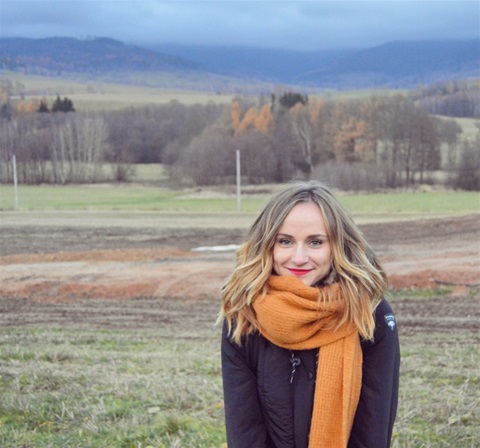
Lucie Strachová, Master's degree studies
This field of studies offers an individual approach in a smaller study group, great helpfulness, freedom of choice, a friendly atmosphere, and space for personal development and critical thinking. Study stays and internships abroad are greatly supported (during my Bachelor’s degree studies I spent four months in Padua, Italy; I am planning to do research abroad as a part of my Master’s studies).
The Master’s degree courses are of a practical nature, built primarily on the student’s interest and work. The concept of teaching seems completely unique to me. Students themselves choose the topic of their project (i.e. of the diploma thesis). Then this topic is reflected in all the courses. This way, students can look at and analyse their topic from different perspectives: from the perspective of an anthropologist, theologian or historian. The arising working versions of the project are also revised in seminars through “brainstorming” and discussions with classmates.
For me personally, the Master’s degree courses of Transcultural Communication are a unique opportunity to focus on what I really enjoy and, simultaneously, to think critically about that. If you have any questions, do not hesitate to contact me, I will be happy to answer them.
(Master’s degree of Transcultural Communication currently in Czech only)
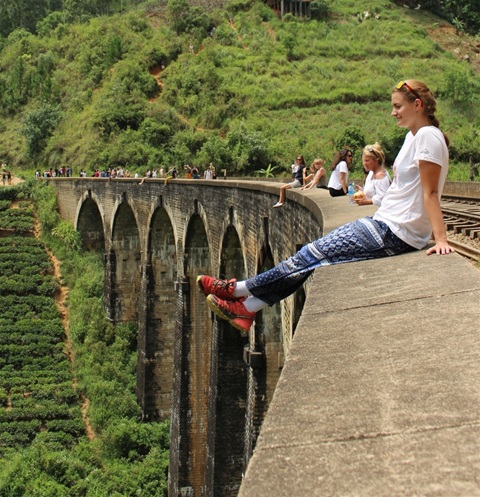
Pavlína Králíková, Master's degree studies
Having been awarded a Bachelor’s degree in Transcultural Communication, I was deciding whether to continue my studies or to start a job. Despite the general, never-ending criticism of the applicability of the humanities, I got to my dream job without a lot of efforts thanks to internships within the framework of the Bachelor studies of TC. In fact, it seemed that the question of the future was answered at that time. But I could not get rid of the feeling that TC still has something to offer to me, and I decided to continue. Thinking about what the Master´s degree courses offer to me beyond the Bachelor’s level, I can say that really a lot! I learnt a lot when studying for my Bachelor’s degree. But studying for my Master’s degree allows me to really understand the studied issues and to put the knowledge into practice.
At first it was really not easy to combine my job with full-time studying. That time, I had to realize that further studying could no longer be just an obligation for me. This approach was quite different from the approach I had during my compulsory school attendance. After a long working day, I couldn’t sit in the evening at school with the feeling that I just have to be there. That feeling has changed – I just want to be there. Now I’m sacrificing all my spare time to studying, but, on the other hand, this time is filled with something that I really enjoy and that I am really interested in. In my life, I have met only a handful of students who get satisfaction from their studies – and very often these are students of Transcultural Communication.
(Master’s degree of Transcultural Communication currently in Czech only)

Van Anh Nguyen-Sap, 2020 graduate
(Bachelor’s degree of Transcultural Communication in English language)
In 2017, from Vietnam, I came to study at University of Hradec Kralove. My three years at the university have been excellent and a memory to cherish for a lifetime.
I want to give thanks to my inspiring professors who always provided me with the assistance that I required for my overall development and to improve my knowledge. I will always be grateful to them for providing me a platform of practical learning and preparing me for the corporate life.
Now, I am working in HR department in an international company in Prague. I believe that what I have obtained during the time at the university facilitates my career development. I know that making decision to study Transcultural Communication in University of Hradec Kralove is the right choice!
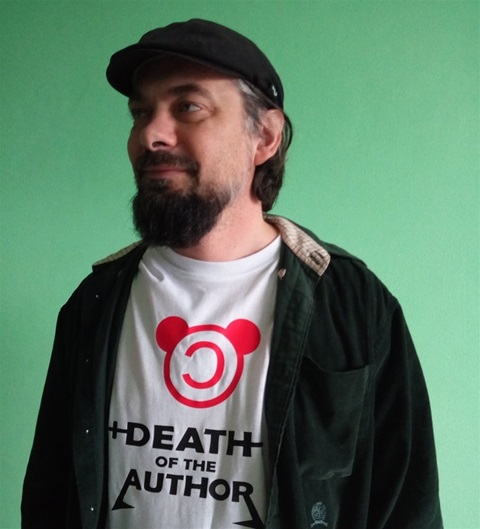
Petr Mareš, 2018 graduate
The Transcultural Communication field of studies fascinated me with its generous focus as soon as I learned about the existence of its so called combined form.
Studying of Transcultural Communication consolidated and broadened the horizon of my knowledge and issues that I was fragmentally interested in before, albeit from a slightly different perspective. At present, in addition to my professions of a graphic artist and freelance publicist and in addition to several artistic activities, I am continuing in studying – in the combined form I major in Political Science and Latin American Studies at the Faculty of Arts. It’s never too late to study;-)
I would recommend studying of Transcultural Communication to all inquisitive people who are interested in human beings´ issues and their identity in the cultural context of the global changes of the 21st century. The graduates have been made aware of the basics of the social sciences and their interconnections by personalities who are not just dry academics. The field provides an open and critical view of exposed issues of the information age, such as migration, bioethics or terrorism. These issues affect nearly all current people, unless they live in the media isolation or deliberately stick their heads in the sand. Due to its wide scope, Transcultural Communication can be called, with certain exaggeration, “the civic science for the advanced”.
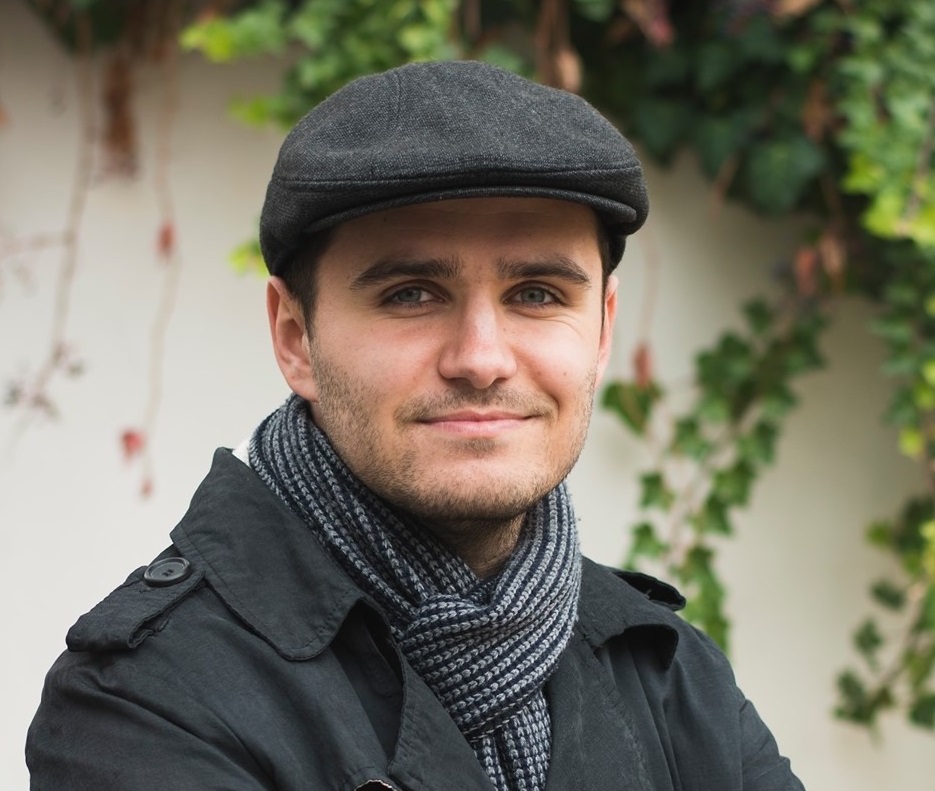
Tomáš Heller, 2015 graduate
Majoring in Transcultural Communication was beneficial; it taught me how to read demanding texts, how to study for my own interest and how to have fun at the same time. After graduating in Transcultural Communication, I got enrolled in studying at Charles University.
During my Bachelor studies, but also during my Master studies, I had also my employment. First, I was employed in the editorial office of a student magazine, then in the non-profit sector and now in the business sphere. My studies have been beneficial – I can use the acquired knowledge in my other job, journalism.
“I regret only one thing – at the time when I was studying Transcultural Communication, the Master’s degree program was not accredited. But such is life…
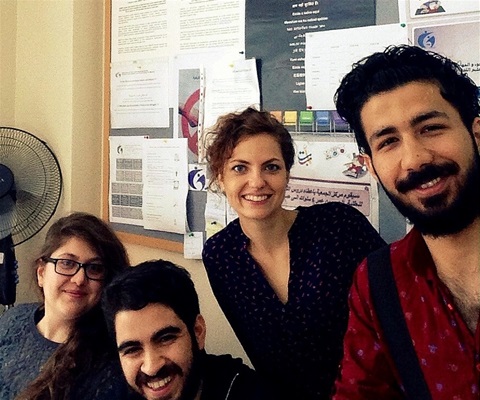
Kateřina Baudyšová, 2014 graduate
In my opinion, Transcultural Communication is a completely unique field of study. It awakens a desire for findings and knowledge. The students go through a kind of intellectual transformation. In my case, studying aroused my need to ask questions, my eagerness to understand otherness. Abstractly speaking, it aroused my need not to sail only on the surface of the ocean, but to dive into its depths.
Currently, I live in Istanbul, where I use the knowledge acquired from studying of Transcultural Communication both in my personal life and in the professional sphere (I focus on migration and refugees´ issues; at our Consulate I also help the Expatriate Association with the integration of Czechs and Slovaks into the Turkish society and with the organization of cultural events).
The Czech saying: “School is the basis of life” should be changed, in my opinion, in “Transcultural communication is the basis of life”.
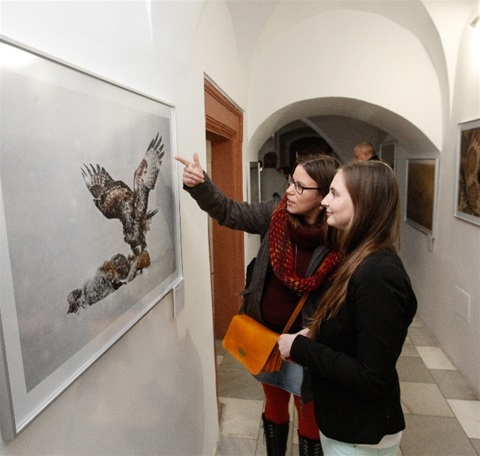
Michaela Vápeníková, 2013 graduate
I started studying Transcultural Communication after finishing an artistic high school. I’ve always been more of a “creator” than a “thinker”. I wanted to do something that would allow me to use my imagination and creativity. Studying was a challenge for me – sometimes it gave me satisfaction, sometimes I struggled with the idea of not continuing any more. Retrospectively, I positively evaluate the fact that studying at university gives you nothing for free. The life gives you nothing for free either.
TC enabled me to work on my own personality and to develop my skills. We were guided to give oral and written presentations and performances of a good quality. I appreciated the fact that the teachers were very dedicated and paid their full attention to us, they were open to us and they carefully read essays written by us. During my studies I learned the “basics of organizing”; I organized my very first event with my other classmates. Now I work as a coordinator in “Europe Direct Pardubice”, which is the information centre of the European Union, and I also work as an administrative assistant involved in the sphere of tourist attractions in the town of Pardubice. I am in charge of two exhibition spaces and of their programme contents. I organize exhibitions and accompanying cultural programmes. My work covers two basic spheres – communication and culture. (And besides, I go in for dancing and do floristics.)

Kateřina Štáhlová, 2013 graduate
Transcultural Communication opened a new worldview to me. I was taught how to approach numerous things in an interesting and respectful way. The field offers a number of interesting and indispensable courses and its scope is so wide that everyone can really find something attractive. Within the framework of my studies, I co-organized a number of conferences and panel discussions, I participated in summer internships at the Multicultural Centre in Prague and in a field trip to Berlin. Thanks to this experience and thanks to good teachers, I was able to go on to study at Charles University (majoring in Social and Cultural Ecology) and to participate in international internships and projects. My interest in project activities and working with people deepened, and I started working as a coordinator in the social and educational sphere (in the town of Příbram) and now I am a part-time methodologist of European projects (at the Ministry of Education). Every day I benefit from communication and language skills developed during my studying of TC.
Last but not least, TC brings together interesting people who are not indifferent to the moving direction of today’s world. For me, it is a place where I spent wonderful three years of my life and where I made friends for life.
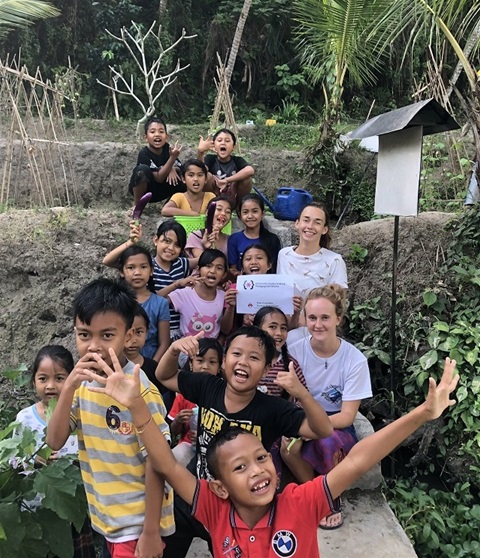
And many others...
Our graduates and students are inspiring! Here, some of their projects are presented, yet the complete list is really long. Other ones are available in the news and on our (Czech) transcultural facebook-page.
an interview with Tereza Zyklová and her a graduation ceremony speech
an interview with Fatima Rahimi
volunteering in Bali
Monoxylon III expedition
a field research on Svalbard
a study internship in Lithuania
a study internship in Korea
volunteering in Cambodia
volunteering in a refugee center
discovering one’s own family stories
Testimonials by Professionals
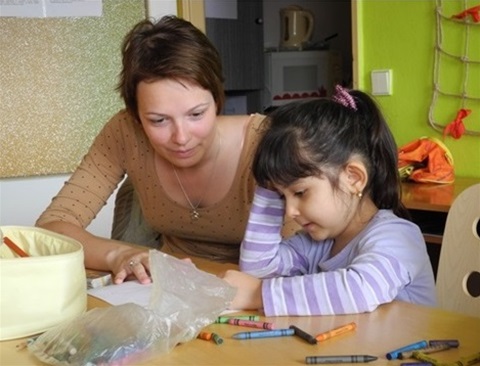
Mgr. Kateřina Sobotková, People in Need
Student internship tutor, People in Need, Prague
The students of Transcultural Communication complete their internships in our organization for several years already. It is clear that they are interested in what we do, especially in our educational activities. Some of the interns continue to collaborate with us even though their official internship is over. They take part in the activities related to global development education, intercultural education and media communication of the migration department. Through interaction with our employees, they often manage to clarify their own ideas about their future work and factors that are important for their professional decisions. We are happy that this cooperation is going on and we hope the students will be enriched by it.
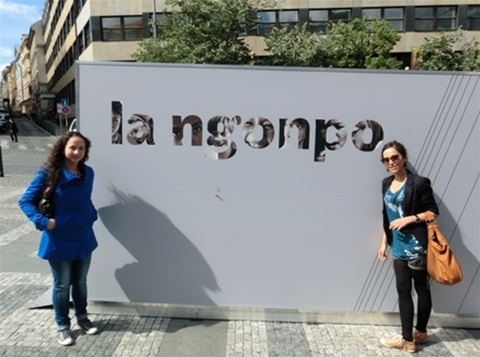
Mgr. Marek Čaněk, Ph.D., Multicultural Center Prague
Executive director
I know the study programme of Transcultural Communication through interaction with students who come to our organization as interns and participate at least for a short period of time in our educational activities. Some of them have stayed in touch even after the internship had ended. One of the graduates is now working with us on a series of evening lectures on migration – People’s School of Migration. The importance of the study programme of TC is becoming ever more obvious these days, as the discussion about accepting refugees, inclusion of migrants or Islam is getting more and more urgent. We need study programmes that critically analyze what culture and identity is, how to understand migration regulation from an anthropological perspective, and at the same time are practically oriented.